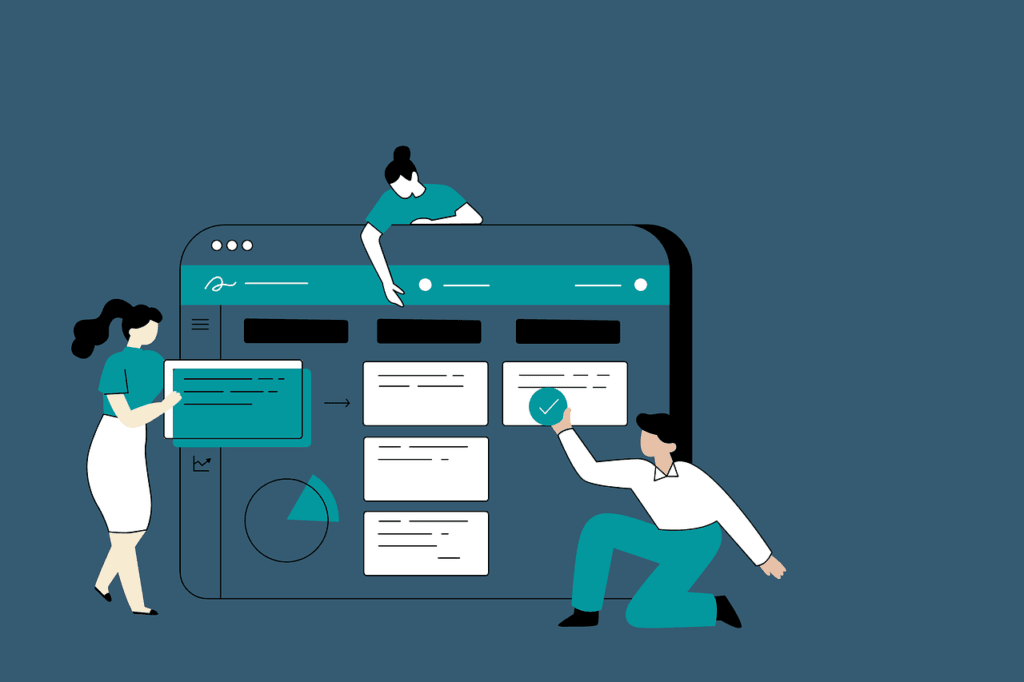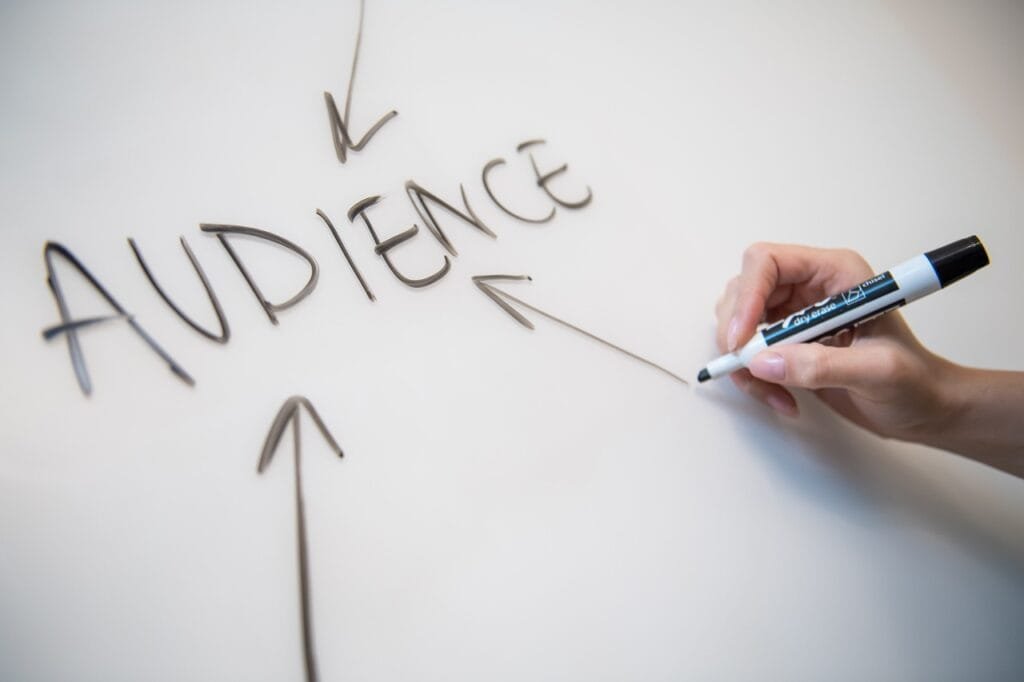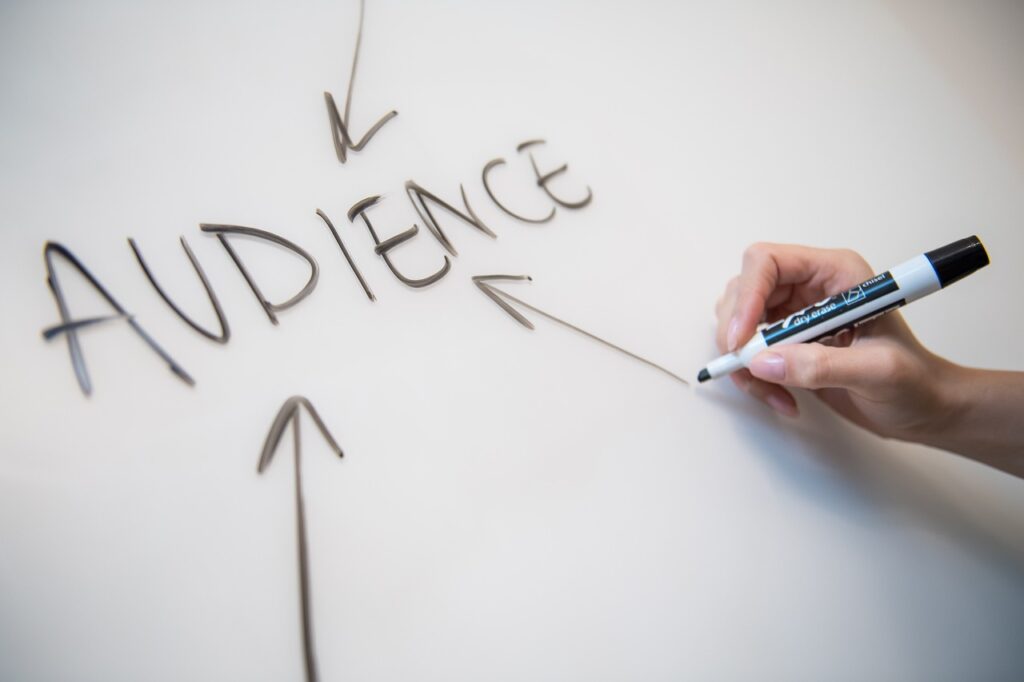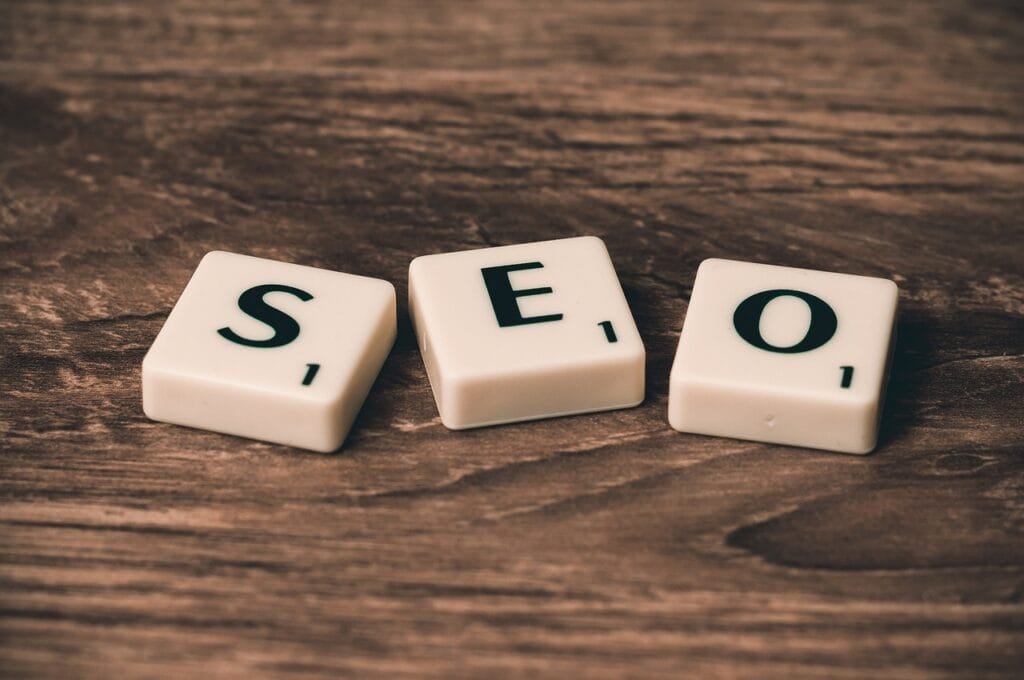This Article has been revised, edited and added to, by Poulomi Chakraborty.
- Cost Considerations
- Management Oversight and Integration with Existing Operations
- Technological Expertise and Innovation Capabilities
- Campaign Execution and Flexibility
- Long-Term Strategic Value and Partnership
- Evaluating Industry-Specific Needs and Challenges
- Conclusion
Deciding whether to hire an in-house team or to partner with a digital marketing agency is a significant decision that can impact your business’s growth and operational dynamics. Each option has its unique advantages and challenges. Understanding these can help you make an informed choice that aligns with your business goals, budget, and long-term vision. Let’s dive into a detailed comparison to help you decide the best route for your marketing efforts.
Cost Considerations

One of the most critical factors for any business decision is cost. When it comes to digital marketing, both in-house and agency-led strategies carry different kinds of financial implications. Understanding these can help you budget more effectively and predict your return on investment (ROI) with greater accuracy.
Initial and Ongoing Costs
Hiring an in-house team often involves significant upfront costs. These include recruitment, salaries, benefits, and the technology tools needed for a team to function effectively. On the other hand, agencies might seem like a higher cost initially because you are paying a premium for accessing a team of experts. However, this fee often covers not just manpower but also the advanced tools and technologies they use, without additional charges to your account.
Operating an in-house team also means ongoing expenses, such as salaries, office space, and continuous professional training to keep up with digital trends. Agencies, conversely, operate on a fixed-cost structure, typically a monthly retainer, which can be scaled up or down based on your needs and budget.
ROI and Scalability
Measuring the ROI from an in-house team can be complex. You need to account for their full cost against the returns they generate. In-house teams may also take longer to ramp up and achieve full productivity due to the learning curves associated with new campaigns or tools.
Digital marketing agencies often have the advantage of experience and specialized tools that allow them to hit the ground running. They also have the flexibility to scale efforts up or down based on performance data, potentially offering a better ROI, especially for campaigns that require high expertise and innovation.
Expertise and Access to Skills
Building an in-house team gives you control over the hiring process, allowing you to select individuals whose skills closely align with your company’s needs. However, the breadth of skills required for effective digital marketing—from SEO and PPC to social media and content creation—means that you may need to hire multiple people to cover all bases, which can be costly.
Agencies bring a diverse pool of professionals and continuous access to top talent in the field. They often have specialists for each marketing channel, ensuring that experts handle your campaigns. This can be particularly beneficial for small to medium-sized businesses that may not have the resources to hire a full team of specialists.
Flexibility and Control
Having an in-house team offers more immediate control over marketing activities. You can have direct oversight of day-to-day work and make quick changes without the need to consult with an external party. This can be advantageous for companies with highly specialized or confidential products or services.
However, agencies offer a level of flexibility that can be critical in adapting to market changes or scaling operations. Since they work with multiple clients, they have a broader perspective on what’s working and what’s not across different industries, which can inform more innovative strategies that could be applied to your campaigns.
Evaluating Cost Against Business Scale and Needs
Startups often operate within tight financial constraints and need to be particularly strategic about how they invest in marketing. The choice between an in-house team and an agency should consider not just the current financial situation but also projected growth and scaling needs.
Cost-Effective Entry Points
For many startups, an agency might provide a more cost-effective entry point to digital marketing. Without the need to invest in full-time salaries, physical space, and ongoing training, startups can access a wide range of expertise and tools immediately, paying for services as they are needed. This arrangement can be especially beneficial during the early stages when cash flow is a critical concern.
Long-Term Investment in Talent
Conversely, investing in an in-house team can be viewed as building long-term marketing assets. As the startup grows, these assets — your people — can evolve and adapt to the company’s changing needs without the ongoing cost of agency fees. This option may involve higher initial expenses but can lead to cost savings as the business scales if managed effectively.
Strategic Cost Management
Understanding and managing the costs associated with each option requires a strategic approach, particularly for startups where every dollar counts.
Budget Flexibility and Control
With an in-house team, startups gain greater control over their marketing budget. This setup allows founders to direct funds towards specific projects or pivot strategies without external constraints. However, this approach requires a hands-on management style and a solid understanding of digital marketing to ensure funds are used efficiently.
Leveraging Agency Resources
Agencies often have access to premium tools and resources that can be prohibitively expensive for a startup to purchase outright. By partnering with an agency, startups can leverage these tools at a fraction of their full cost, benefiting from advanced data analytics, automation tools, and other technologies that might otherwise be out of reach.
ROI Considerations
Calculating the return on investment is crucial for any marketing expenditure, especially for startups that need to prove their business model and grow quickly.
Metrics and Measurement
Startups must ensure that they have the capabilities, whether in-house or through an agency, to measure the effectiveness of their marketing spend accurately. Agencies can often provide more sophisticated analytics and reporting tools, which can help startups not only track ROI but also refine their marketing strategies based on data-driven insights.
Future Proofing Marketing Spend
Considering the long-term trajectory of the company, founders should evaluate whether the chosen marketing approach can scale and adapt as the startup grows. An agency might provide scalability and flexibility without additional overhead, while an in-house team could develop specialized skills tailored to the startup’s specific market niche.
Startups need to weigh the immediate financial benefits of hiring an agency against the potential long-term value of building an in-house team. Each option presents different financial pathways and opportunities for growth. Effective cost management, strategic planning, and a clear understanding of ROI are essential to making a choice that aligns with the startup’s financial health and growth objectives.
Management Oversight and Integration with Existing Operations

Deciding between an in-house digital marketing team and an agency also involves considering how either option would integrate with your existing operations and what level of management oversight you can maintain. These factors are crucial for ensuring that your marketing efforts are cohesive and aligned with your overall business strategy.
Oversight and Communication
When your marketing team is in-house, you benefit from direct oversight over their activities. This means you can be closely involved in all stages of your marketing campaigns, from planning through execution to optimization. This proximity allows for swift communication and adjustments based on new data or strategic shifts within your business.
On the other hand, working with an agency requires establishing a strong communication line to ensure that they understand your business goals and the nuances of your market. While you might not have the same level of immediate oversight, many agencies compensate for this with regular updates and detailed reports on campaign performance. This arrangement requires trust and a willingness to relinquish some direct controls in exchange for expertise.
Integration with Business Culture and Goals
Incorporating an in-house team into your existing business operations often leads to a stronger alignment with the company’s culture and a deeper understanding of your long-term strategic goals. Team members are immersed in the company’s environment every day, which helps foster a sense of commitment and loyalty to your brand’s success.
Agencies, while external, often bring a fresh perspective to your marketing efforts. They can provide impartial insights and innovative ideas that might be overlooked by an internal team too close to the project. However, the challenge lies in ensuring that these external partners fully grasp and align with your company’s culture and ethos, which can sometimes lead to discrepancies in brand messaging if not managed carefully.
Coordination with Other Departments
An in-house team naturally has better opportunities to coordinate with other departments within the company. This can enhance the integration of marketing strategies across your business, from aligning promotional activities with sales goals to leveraging insights from the customer service department to improve campaign messaging.
While agencies can offer a high degree of specialization and efficiency, they may lack the immediate integration with other departments. To mitigate this, it’s essential to have designated liaisons within your company to facilitate information flow and ensure that the agency’s efforts are in sync with other business activities.
Scalability and Flexibility
In-house teams are typically more static in size and structure, which can make scaling up marketing efforts quickly a challenge, especially when facing sudden market opportunities or challenges. Recruiting and training new team members takes time, which can be a significant drawback in a fast-paced market environment.
Agencies, with their broader resource base and experience handling multiple clients, can offer greater scalability and flexibility. They can adjust the scope of work quickly in response to changes in the business environment or strategic pivots, which provides a valuable advantage for businesses looking to remain agile.
Choosing between an in-house team and an agency involves balancing the benefits of direct oversight and cultural integration with the need for flexibility, scalability, and fresh perspectives. Both options have distinct advantages and can be the right choice depending on your specific business needs, strategic goals, and the dynamic nature of your industry.
Technological Expertise and Innovation Capabilities

In today’s digital marketing landscape, leveraging the latest technologies and being capable of continuous innovation are key factors that can significantly influence the success of your marketing efforts. Here’s how the choice between an in-house team and an agency might impact your ability to stay at the forefront of technological advancements and innovative strategies.
Access to Advanced Technology
Agencies often have access to superior technology and tools, as they can amortize the cost across multiple clients. This gives them the advantage of using cutting-edge platforms for analytics, automation, customer relationship management (CRM), and more without passing the full cost on to any single client. Agencies also tend to stay up-to-date with the latest innovations in digital marketing tools and practices to maintain a competitive edge.
An in-house team, meanwhile, might face budget constraints when it comes to accessing these advanced tools. Smaller or medium-sized businesses might find the cost of high-end technology prohibitive, limiting their marketing team’s capabilities. However, businesses that are able to invest in these tools can benefit from having dedicated personnel who are fully trained and integrated with these technologies, potentially maximizing the technological investment.
Innovation in Strategy
Agencies work with a variety of clients across different industries, which exposes them to a wide range of marketing challenges and creative demands. This exposure can foster a high level of creativity and innovation, enabling agencies to devise unique strategies that can be adapted and applied to different scenarios. This can be particularly beneficial for businesses looking to stand out in crowded markets.
In contrast, an in-house team may have a deeper understanding of their specific industry and company, allowing for highly tailored marketing strategies that are closely aligned with the company’s long-term vision and immediate goals. While this can lead to highly effective campaigns, the potential downside is that the team’s exposure to varied marketing scenarios may be limited, possibly stifling innovation.
Continuous Learning and Development
Digital marketing is an ever-evolving field, requiring constant learning and development. Agencies often invest heavily in training and development to keep their staff at the cutting edge, ensuring that they can offer the latest strategies and techniques to their clients.
While in-house teams can also pursue continuous learning, the scope and scale of professional development might be smaller due to budget constraints or less focus on cross-disciplinary exposure. Companies that prioritize and invest in ongoing training for their marketing employees can mitigate this risk, ensuring that their teams do not fall behind industry standards.
Choosing between an agency and an in-house team involves considering how each option will affect your company’s ability to access and implement advanced digital marketing technologies and innovative strategies. Agencies might offer an edge in terms of broad exposure and access to top-tier tools, while in-house teams offer tailored strategies and potentially greater integration with your specific business environment.

Related: Check out our free SEO suite

Campaign Execution and Flexibility
When it comes to executing digital marketing campaigns, the effectiveness of your strategy and the ability to adapt quickly to market changes or feedback can significantly influence your success. Here’s a detailed look at how an in-house team compares to an agency in terms of campaign execution and flexibility.
Speed and Agility in Execution
An in-house team may have the advantage when it comes to speed of implementation. Being on-site and fully integrated within the business allows in-house teams to start campaigns quickly and pivot faster based on immediate feedback or changing business priorities. This can be particularly beneficial in industries where market conditions change rapidly, or for promotions tied to specific events or deadlines.
Agencies, while sometimes slower to start due to the need for more extensive onboarding and approvals, bring a structured and tested approach to campaign execution. They typically have refined processes in place, which can lead to more efficient campaign management once things are up and running. Additionally, because agencies manage multiple clients, they have a wealth of experience to draw from, which can enhance the effectiveness of campaign execution.
Adaptability to Market Changes
Flexibility and the ability to adapt to changing market conditions are crucial. An in-house team, with its direct connection to the daily operations and strategic direction of the business, can typically react and adapt quickly. They are often more tuned into the company’s immediate priorities and can adjust their strategies at a moment’s notice.
On the other hand, agencies might face challenges with rapid pivoting due to their broader client base and the complexity of scaling or altering strategies across different accounts. However, agencies also bring the advantage of diverse industry insights and may identify shifts and trends that an in-house team might miss. Their broader perspective can lead to proactive adjustments that anticipate market changes rather than simply reacting to them.
Scalability of Campaigns
Scaling campaigns efficiently, whether up or down, requires significant resources and expertise. In-house teams may struggle with scalability if they lack the necessary tools or manpower, especially during peak times or when expanding into new markets or channels.
Agencies are generally better equipped to handle scalability due to their larger pools of resources and ability to allocate these across clients as needed. They can offer immediate access to additional expertise and specializations without the long-term commitment required from in-house teams, making them a flexible choice for businesses looking to scale operations quickly.
Consistency and Quality Control
Maintaining consistency across all marketing efforts is crucial for brand integrity. In-house teams are deeply aligned with the brand’s voice and guidelines, which helps ensure that all marketing outputs consistently reflect the brand’s identity and messaging. This close control over marketing materials can result in higher quality outputs that are tightly aligned with the brand’s core values.
While agencies work to understand and respect brand guidelines, there might be instances where messages need further adjustments to fully align with the brand’s tone. However, agencies can bring a level of sophistication and a high standard of quality control, driven by their need to maintain reputations across various clients.
The decision between an in-house team and an agency for executing digital marketing campaigns depends on a variety of factors including speed, flexibility, scalability, and consistency. Each option has its strengths and limitations, and the right choice often depends on specific business needs, industry characteristics, and the scope of marketing campaigns.
Long-Term Strategic Value and Partnership

When evaluating whether to build an in-house team or engage a digital marketing agency, it’s essential to consider the long-term strategic value each option can bring to your business. This aspect often determines not just the immediate impact of your marketing efforts, but also how well they support your business’s growth and evolution over time.
Building Long-Term Internal Expertise
One of the primary advantages of developing an in-house marketing team is the cultivation of dedicated expertise that is completely aligned with your company’s long-term vision. An in-house team allows for the accumulation of deep institutional knowledge about your market, your products, and your customers, which can be invaluable. This expertise can be leveraged to ensure that all marketing initiatives are deeply integrated with your business’s overall strategy.
Furthermore, having an in-house team committed to your business’s success can foster a sense of loyalty and dedication that might be harder to achieve with an external agency. This can lead to a more passionate and motivated team working continuously to push your business’s boundaries and innovate within your industry.
Accessing Diverse Expertise and Broader Perspectives
While in-house teams offer deep, company-specific knowledge, agencies provide access to broader marketing expertise and perspectives that come from working across different industries and clients. This can inject fresh ideas and innovative strategies into your marketing efforts, which can be crucial for staying competitive.
Agencies often bring a high level of specialization in various marketing disciplines and are typically at the forefront of marketing trends, tools, and technologies. This external expertise can provide strategic value by helping your business adapt to changes in the market landscape more swiftly and effectively than you might be able to do in-house.
Partnership Synergy
Choosing an agency means entering into a partnership that, when well managed, can significantly amplify your marketing efforts. A good agency will work closely with you to understand your business goals and help devise strategies that effectively address those objectives. Over time, this relationship can evolve into a powerful strategic alliance, with the agency acting almost as an extension of your own team.
In contrast, an in-house team is inherently aligned with your company from the start, potentially allowing for a smoother integration of marketing initiatives across your business. However, this can sometimes result in a ‘silo’ effect, where the marketing team is insulated from external ideas and innovations that could otherwise enhance effectiveness.
Scalability and Flexibility for Future Growth
Agencies provide a scalable resource that can adjust more easily to the changing needs of your business. As your business grows, a good agency can quickly expand the scope of work, bring in additional expertise, or adjust strategies to accommodate new markets or marketing channels without the same lead times and costs associated with scaling an in-house team.
In-house teams, while possibly slower to scale, offer a consistent, stable base of expertise that grows in depth and efficiency over time. Scaling an in-house team requires hiring more staff and possibly investing in further training, which can be resource-intensive but may yield a high return on investment by creating a highly specialized team.
The decision between an in-house team and an agency should be guided by considerations of long-term strategic value. Both options offer distinct advantages: in-house teams provide deep integration and dedicated focus, while agencies offer flexibility, broad expertise, and innovative perspectives. Your choice will depend on your business’s specific needs, growth trajectory, and how you foresee your marketing needs evolving over time.
Evaluating Industry-Specific Needs and Challenges

Choosing the right digital marketing approach can depend heavily on your industry’s unique characteristics and challenges. Whether to opt for an in-house team or an agency might hinge on how well each option can navigate your sector’s regulatory environment, competition level, and customer behavior patterns.
Industry Regulations and Compliance
In industries with strict regulations, such as healthcare, finance, or insurance, having an in-house team that understands the nuances of compliance can be critical. An in-house team will be more familiar with specific legal constraints and can ensure all marketing materials meet industry standards and regulations without risking penalties.
Conversely, specialized agencies that have experience in these regulated industries can also be a viable option. These agencies bring expertise in navigating the regulatory landscape and can often provide high levels of assurance that marketing efforts comply with legal requirements. For businesses in highly regulated industries without the resources to build this expertise internally, partnering with a knowledgeable agency can be an effective solution.
Competitive Landscape
In highly competitive industries, the ability to differentiate your business through unique marketing strategies becomes paramount. An in-house team might possess an intimate understanding of the competitive dynamics and can tailor strategies that directly address these challenges. They are on the ground, experiencing the market shifts first-hand, which can lead to more agile and responsive marketing.
Agencies, however, bring a breadth of experience from working with multiple clients, including those in similarly competitive industries. This experience can translate into a broader range of creative ideas and proven strategies that have worked elsewhere, potentially giving your business an edge in a crowded market.
Customer Engagement and Retention
Understanding customer behavior is crucial in any industry, but especially in sectors where long-term customer relationships are key, such as in subscription services or B2B enterprises. An in-house team can deeply integrate with customer service and sales departments to harness insights that drive more effective customer engagement and retention strategies.
Agencies can also support strong customer engagement through advanced tools and techniques, like data analytics and customer relationship management (CRM) systems. Their external perspective can help identify untapped opportunities for enhancing customer experience and loyalty that an in-house team, potentially stuck in traditional methods, might overlook.
Technological Advancements
Industries undergoing rapid technological change, such as tech startups, telecommunications, or e-commerce, require marketing strategies that can quickly adapt to new technologies and platforms. Agencies often lead in adopting new marketing technologies and can provide quick access to these tools without significant investments from your business.
However, for companies at the forefront of technological innovation, having an in-house team that can work closely with product development and technical teams can ensure that marketing strategies are seamlessly integrated with product innovations and company technology.
Your decision between an in-house team and an agency should be informed by a deep understanding of your industry’s specific needs and challenges. Consider factors such as regulatory requirements, competitive intensity, customer relationship dynamics, and the pace of technological change. Each option offers different advantages: in-house teams provide deep integration and industry-focused expertise, while agencies offer broad experience, innovative strategies, and quick access to new technologies.
Conclusion
Choosing the right digital marketing approach, whether it’s in-house or through an agency, is a decision that hinges on multiple factors unique to your business’s needs, goals, and circumstances. The in-house option offers deep integration with your company’s culture and immediate objectives, fostering a dedicated team that grows and evolves within your organizational structure. On the other hand, agencies provide access to a wide array of skills and technologies quickly and flexibly, often bringing innovative perspectives gained from a diverse clientele that can propel your marketing forward.
Ultimately, the decision should align with your strategic priorities, budget constraints, industry specifics, and the scale at which you need to operate. Both paths offer distinct advantages, and the best choice may be one that combines elements of both strategies to optimize your marketing efforts effectively. By carefully assessing your business’s immediate needs and long-term goals, you can make a well-informed decision that supports sustainable growth and dynamic market engagement.
Read Next:
- Optimizing Google My Business for Sustainable Brands
- Blog Post Ideas to Promote Sustainability and Amplify Your Sustainability Startup
- Using Video Content to Boost Your Green Startup’s SEO
- Crafting SEO-Friendly Content for Green Business Brands
- Predictive Analytics and SEO Trends in Lifesciences Businesses





















